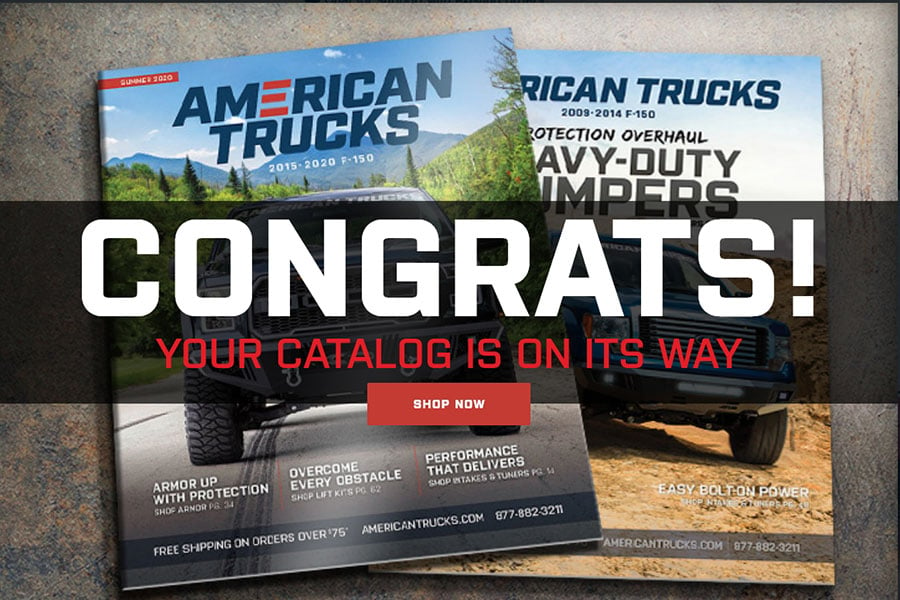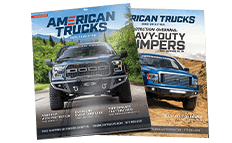
Steel vs Aluminum Hitch Ball Mounts
Steel vs Aluminum
From speeding across the bay in a motor boat to braving a jagged mountain trail on your bike, there’s nothing quite like the high you get from living on the edge. But, no matter what kind of vessel or craft you pilot, you need to make sure you can get it from A to B without a hitch – or rather, with one.
There are many different types of trailer hitches to serve different towing needs. So, in order to get your task done right, it’s important to choose a trailer hitch ball mount that’s both easy to use and strong enough to get the job done. Before you make that decision, let’s break down the differences between steel and aluminum hitch ball mounts.
Choosing Steel or Aluminum
The most commonly-held concern about hitches and ball mounts is their propensity to rust. A great way to avoid this is to opt for an aluminum ball mount. Aluminum weighs less than steel, and you don’t have to worry about oxidization, which is helpful if you’re frequently changing ball mounts or working in close proximity to saltwater or road-salt. They usually sport an attractive polished finish, which may complement the appearance of your towing vehicle.
Aluminum is a great choice for light-duty towing or hauling a bike rack, cargo carrier or small dinghy, but for heavier loads, you might prefer steel. Steel ball mounts consist of welded plates painted to resist corrosion, and there are even stronger, forged-solid mounts available.
Steel also costs less, making them more economical, and good for one-time or more infrequent use than aluminum. If you aren’t going to tow very much or often, why spend more than you should?
An Important Note
Both the gross towing weight (GTW) and tongue weight (TW) necessary for choosing the right ball mount will be labeled on the trailer, so it’s important that you know the weight of whatever you’re hauling before making your determination. For optimum security, the maximum tongue weight capacity of the ball mount should be higher than indicated on your trailer. The tongue weight capacity (TWC) can vary based on how you load the trailer, but it’s typically about 10-15% of the trailer weight.
The Best Brand Names for Ball Mounts
When choosing receiver hitches and ball mounts, it’s also important to choose a reputable brand. You can’t afford to go with a no-name hitch you found at the local car wash to get your boat to water. Instead, go for names like CURT, Draw-Tite, Smittybilt or Trimax. These brands have earned a reputation for crafting some of the best ball mounts, T-connectors and hitches on the market. Lastly, it’s important to consider the kind of towing you’ll be doing. Hauling a yacht is much different than hauling a bike rack, so you need to choose a hitch that can do what you need it to.
AmericanTrucks is your one-stop shop for every towing need. From a 3-ball hitch to a new rear bumper or hitch step, we have everything you need to safely transport your load.

